To ChatGPT or to not ChatGPT, That is the Question
...
Read more...
Read more...
Read moreArtificial Intelligence is transforming the world around us every day, with all industries developing new innovations to change the way they work. It has been a massive buzzword over the past few years, and it seems that nowadays we can’t be without it. But how is it changing the marketing industry in particular?
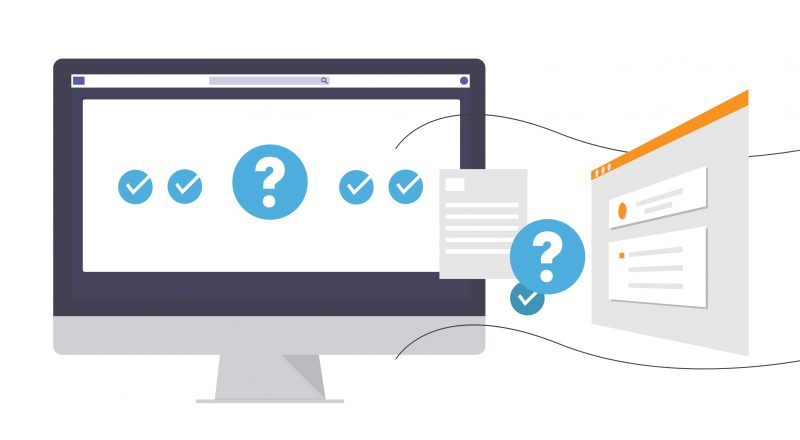
With the right data, AI-powered ad tools can detect patterns at scale in your advertising data, then predict what changes to campaigns will improve performance against a specific KPI. This can all happen in seconds, rather than the hours, days, or weeks it might take a human to analyse, test, and iterate across campaigns. This allows you to increase your return on ad spend and reduce the amount of money you spend on staff time and ineffective ad budget.
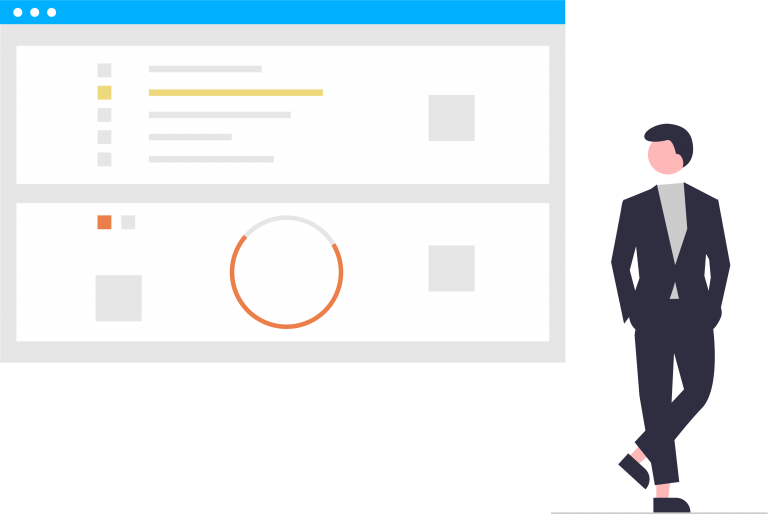
AI has the potential to both curate and generate content, then get the right people to see it on the right platforms. At the moment this is limited in range, but in the near future AI could develop initial drafts of content based on certain restraints.
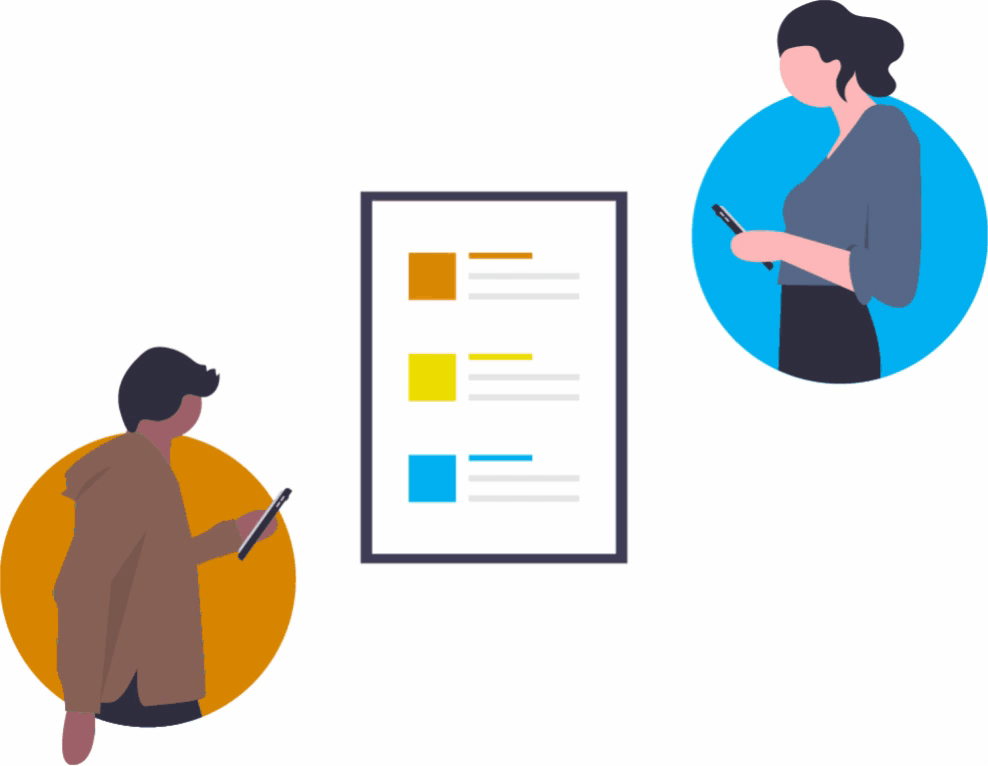
Intelligent algorithms can help personalise a user’s website experience – By analysing hundreds of data points including location, demographics, device, interaction with the website, etc., AI can display the best-fitting offers and content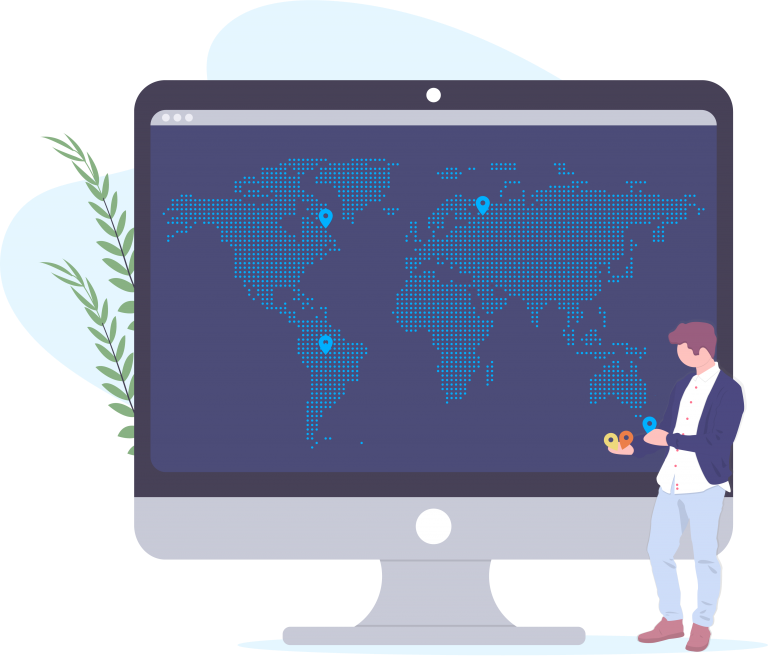
Compared with manual customer service, AI chatbots have many advantages, allowing businesses to go beyond the traditional “one- to-one” form of customer service to support to a number of customers at the same time and in different time zones. Of course, AI chatbots don’t need to rest, so they can answer customer queries around the clock and in real time. This makes them both highly efficient and able to provide support outside of office hours, improving customer experience.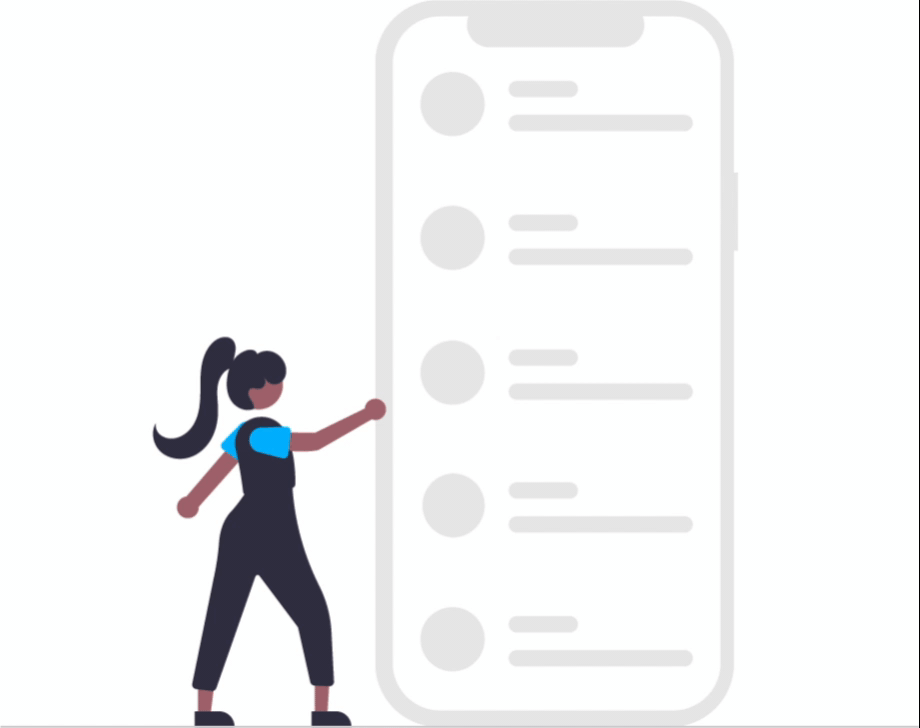
It does have to be said though that just because a system uses AI doesn’t mean it’s accurate. AI outputs are only as good as the inputs into the system. If the data it is given is inaccurate, not fit for purpose or too sparse, the system cannot be expected to give good results. Nevertheless, it is an exciting field and worth the hype!